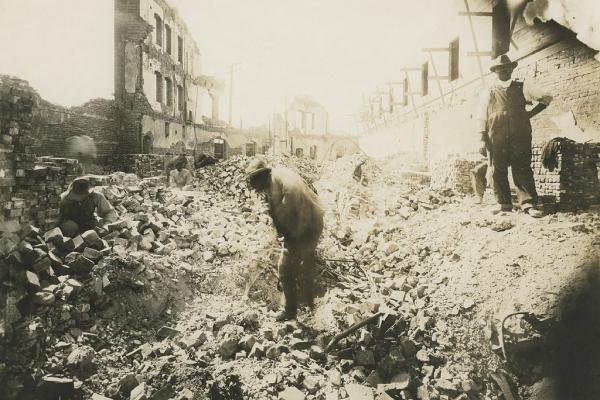Jun 3, 2021
This week, we marked the 100th anniversary of one of the most horrific moments in American history: On May 31, 1921, white mobs burned to the ground the Greenwood District in Tulsa, Okla., an area commonly known as Black Wall Street. White neighbors killed Black residents in what became known as the 1921 Tulsa Race Massacre. That story — and many other accounts of Black success and self-determination confronted by malice, terrorism, and destruction — are hidden in the corners of history’s closet by a dominant culture that prefers silence over truth-telling.
Read the Full Article

Already a subscriber? Login
